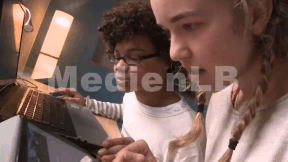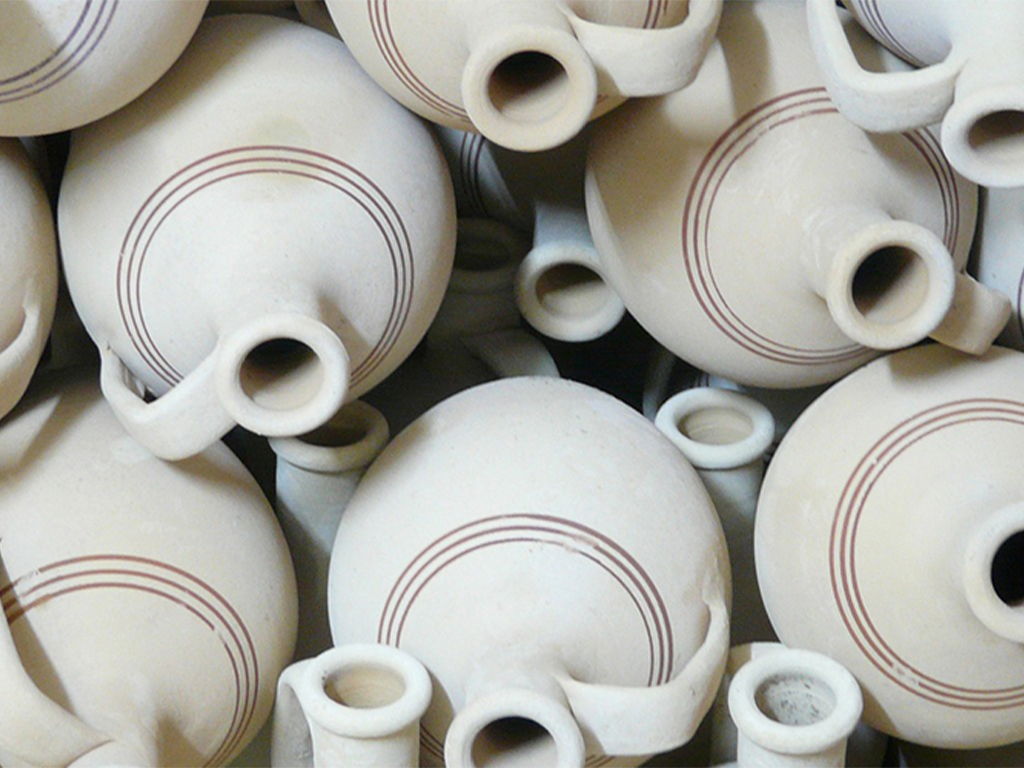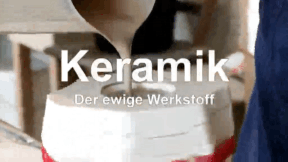 Chemistry
Chemistry
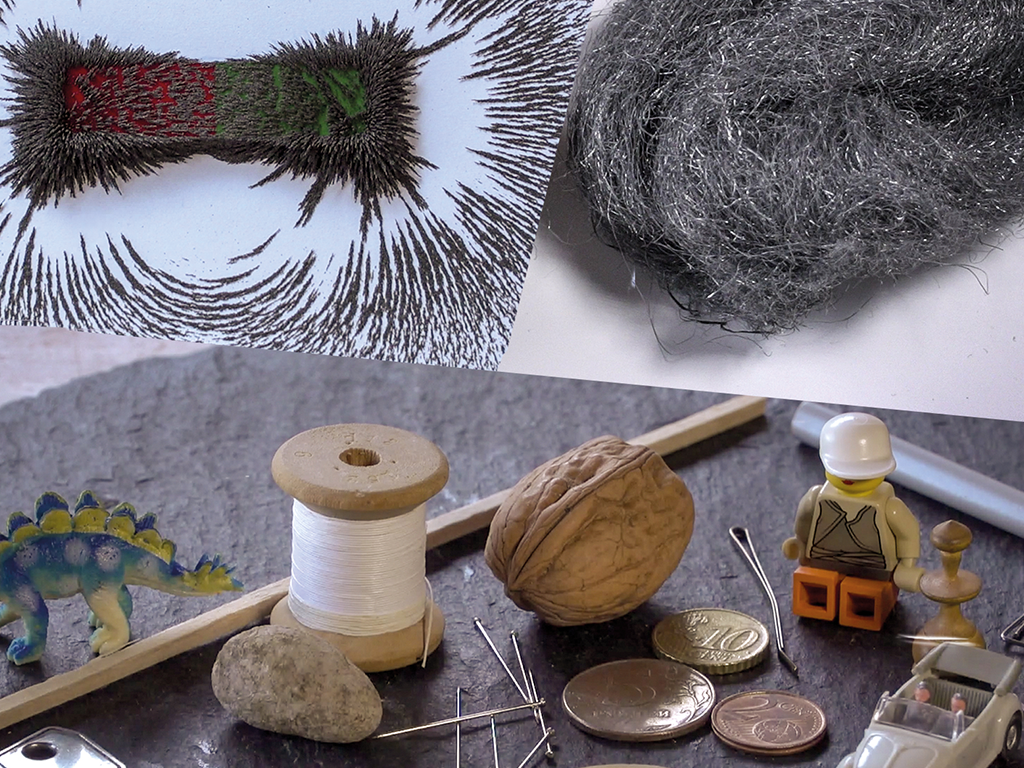

4677026 / 5564336
Materials and Substances of Everyday Life
Properties and Behaviour
Hearing these words, you first think of the materials our clothing is made of. But all objects surrounding us in everyday life consist of one or several materials. They are objects that are made, for example, of metal, wood, rubber, plastic. In chemistry these objects are also called ‘solids‘. The materials solids consist of either occur in nature or have been newly created by people combining different substances. What materials are there? How can they be distinguished and classified? And how can we employ these materials with their specific properties usefully and advantageously?
Play trailer
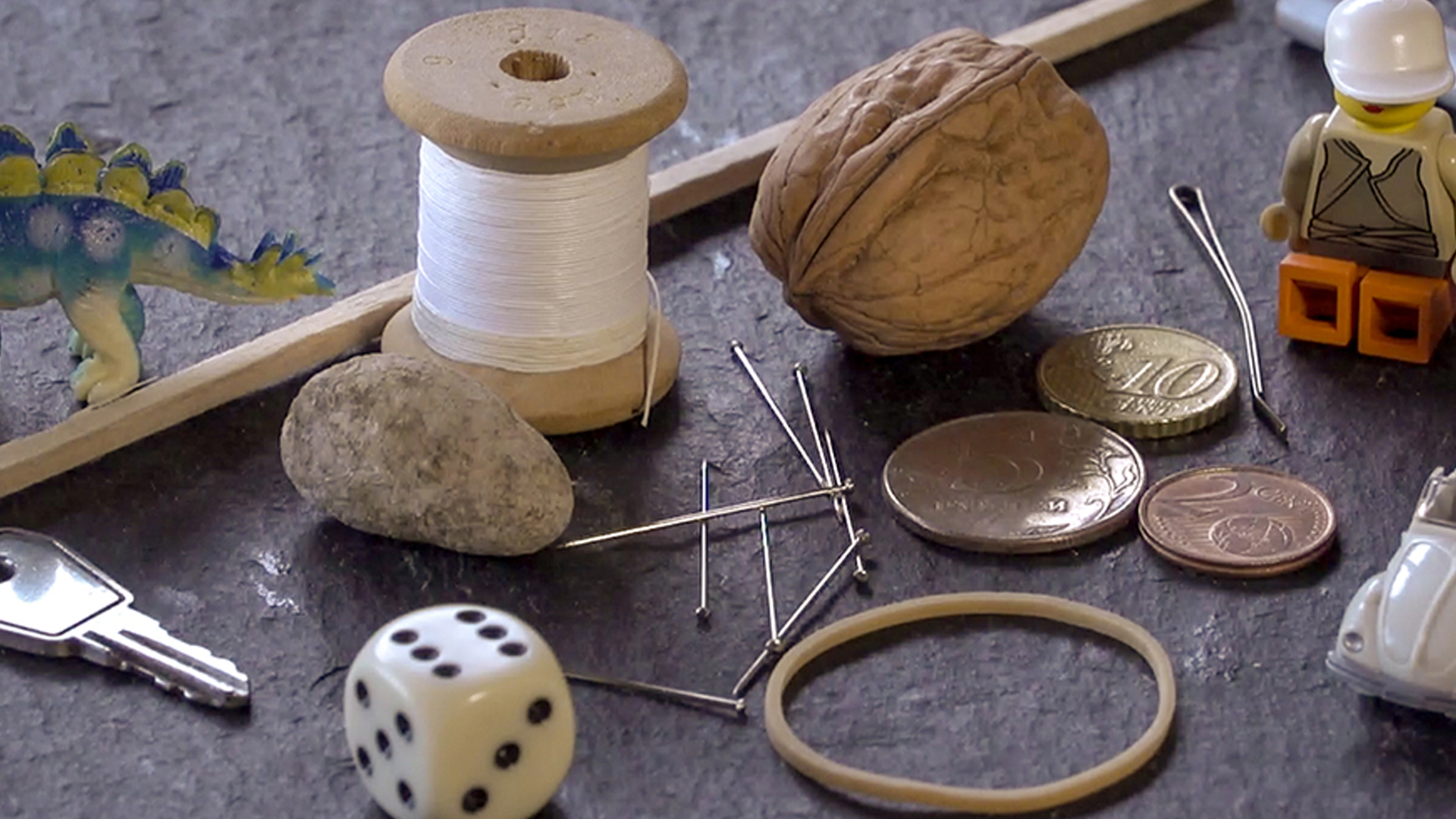
Curriculum-centred and oriented towards educational standards
Matching
Ceramic
Ceramics are indispensable in our everyday lives. We eat from ceramic plates, drink from ceramic cups, use tiled ceramic bathrooms. But how is ceramic manufactured? The film reveals the secrets of this fascinating material! We get to know more about the beginnings of ceramic in the Old World of Egypt and Mesopotamia, about Greece, China and Rome. We gain interesting insights into the valuable earthenware and are also shown the exquisite further development of the "white gold". Today this versatile material is irreplaceable in industry, too. Whether in space or as an easily compatible substitute in medicine, ceramic is applied in many places.
Air Traffic
Being able to fly has been a dream of humanity from time immemorial. But it does not even date back a century that people actually started being able to travel through the air. Since the 1960s, the number of flight passengers has been constantly increasing. Thus, the airspace is no longer dominated by birds but by man-made flying objects.





